L-Arginine Monohydrochloride 99%
₹0.00 – ₹6,050.00
L-Arginine Monohydrochloride is a salt form of the amino acid L-arginine, often used in dietary supplements to enhance stability and solubility. It provides the benefits of L-arginine, such as improved blood flow, but with a slightly different chemical profile.
L-arginine monohydrochloride (L-arginine HCl) is a salt form of the essential amino acid L-arginine. It's created by reacting L-arginine with hydrochloric acid. This form is often preferred in dietary supplements and pharmaceutical formulations due to its enhanced stability and solubility compared to free-form L-arginine. Here's a more detailed description:
Chemical Structure and Properties:
- Chemical Formula: C₆H₁₄N₄O₂ · HCl
- Formation: It's formed by the reaction of L-arginine with hydrochloric acid, resulting in a salt form.
- Solubility: L-arginine HCl is highly soluble in water, which is advantageous for oral supplements and intravenous solutions.
- Stability: The hydrochloride salt is generally more stable than free-form L-arginine, particularly in humid environments.
- pH: The addition of hydrochloric acid makes the compound more acidic.
Biological Roles and Functions:
- L-arginine HCl provides the same physiological benefits as L-arginine, including:
- Nitric Oxide (NO) Production: It serves as a precursor to NO, which is crucial for vasodilation and cardiovascular health.
- Protein Synthesis: It contributes to protein synthesis, supporting tissue repair and growth.
- Wound Healing: It aids in collagen synthesis, which is essential for wound healing.
- Immune Function: It supports immune function by promoting T-cell production.
Applications and Uses:
- Dietary Supplements:
- L-arginine HCl is commonly used in dietary supplements to improve blood flow, enhance exercise performance, and support cardiovascular health.
- Pharmaceutical Formulations:
- Its high solubility makes it suitable for intravenous solutions and other pharmaceutical applications.
- Sports Nutrition:
- Athletes often use L-arginine HCl supplements to improve blood flow and enhance exercise performance.
Safety Considerations:
- Generally Safe:
- L-arginine HCl is generally considered safe for most people when taken in appropriate doses.
- Potential Side Effects:
- High doses may cause gastrointestinal side effects, such as nausea, diarrhea, and abdominal cramps.
- Because it is a hydrochloride, it can be more acidic, and have a greater chance of causing stomach irritation in some individuals.
- Interactions:
- It can interact with certain medications, such as nitrates and blood pressure medications.
- Contraindications:
- People with certain medical conditions, such as kidney disease, should consult their doctor before taking L-arginine HCl supplements.
Key Points:
- L-arginine HCl offers the same benefits as L-arginine with improved solubility and stability.
- Its use in dietary supplements and pharmaceutical formulations is widespread.
- It's important to be aware of potential side effects and interactions, especially at high doses.
Additional information
| Weight | N/A |
|---|---|
| CAS number | 1119-34-2 |
| Chemical formula | C₆H₁₄N₄O₂ · HCl |
| Molar mass | 210.66 g/mol |
| Physical state | White crystalline powder. |
| Odor | Odorless |
| Melting point | NA |
| Boiling point | NA |
| Density | NA |
| Solubility in water | Highly soluble. |
| Flash point: | NA |
| Autoignition temperature | NA |
| Dye Content | NA |
| Vapor pressure | Very Low |
| UN number | NA |
| Flammability | Non-flammable |
| Carcinogenicity | L-arginine monohydrochloride is not classified as a carcinogen. |
| Grade | CP |
| Size | 500 gm, 5 kg, 25 kg |
Only logged in customers who have purchased this product may leave a review.

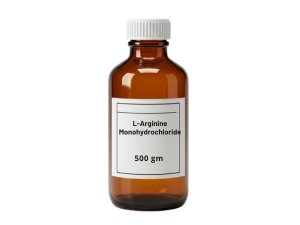
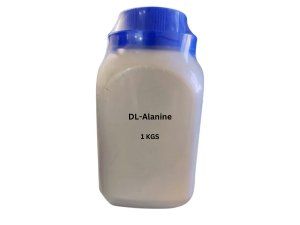
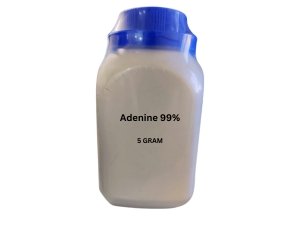

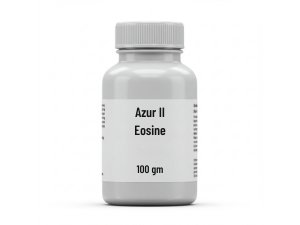
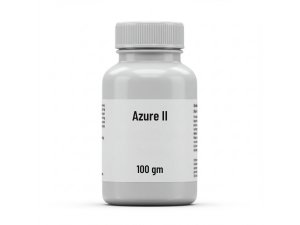
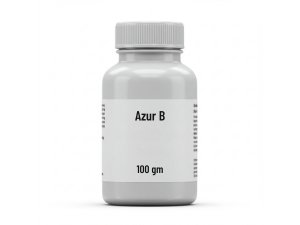
Reviews
There are no reviews yet.